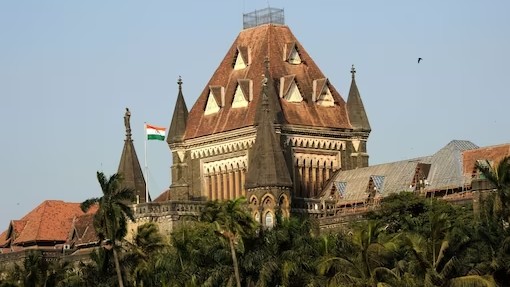Mumbai: In a significant relief for a 17-year-old student, the Bombay High Court has directed the Maharashtra State Board of Secondary & Higher Secondary Education to accept his offline application for the upcoming Higher Secondary Certificate (HSC) examinations, despite the deadline for online submissions having passed.
The petitioner, Aditya Brijesh Agarwal, had approached the court through his father, Brijesh Priyasharan Agarwal, after being unable to submit his application before the December 31, 2024 deadline. He sought to appear as a private candidate under Regulation 89 of the Maharashtra Secondary & Higher Secondary Education Board Regulations, 1977, which permits students who have not cleared Class 11 (FYJC) to directly register for the HSC exams.
Agarwal had cleared his Secondary School Certificate (SSC) exam in 2023 and secured admission at KPB Hinduja College. However, due to medical and personal difficulties, he was unable to pass FYJC. He later sought to register as a private candidate but faced administrative hurdles. He was informed by his college that three private registration seats were likely to be available, but delays and lack of coordination among the authorities prevented him from completing the process in time.
Despite repeated representations, including formal letters and emails, his grievance remained unresolved, leaving him without an admit card for the HSC exams scheduled to begin on February 11, 2025. Arguing before the court, his advocate, Prerak Chaudhary, contended that the arbitrary refusal to process his application violated his fundamental right to education under Article 21 of the Constitution. He also cited violations of natural justice and equality under Article 14.
State Board’s advocate Kiran Gandhi opposed the plea stating that the application process was conducted “online” and the deadline had already passed. However, considering the petitioner’s circumstances, a bench of Justices AS Chandurkar and Milind Sathaye directed the board to accept his “offline” application, subject to eligibility and payment of late fees.
The court also allowed him to submit his application through any recognized college that had not exhausted its sanctioned quota for private candidates. It emphasized that this relief was granted in the “peculiar facts” of the case and would not set a precedent.
The petition also sought the establishment of a transparent grievance redressal mechanism to prevent similar issues in the future. However, the court did not issue any directive on this aspect.
